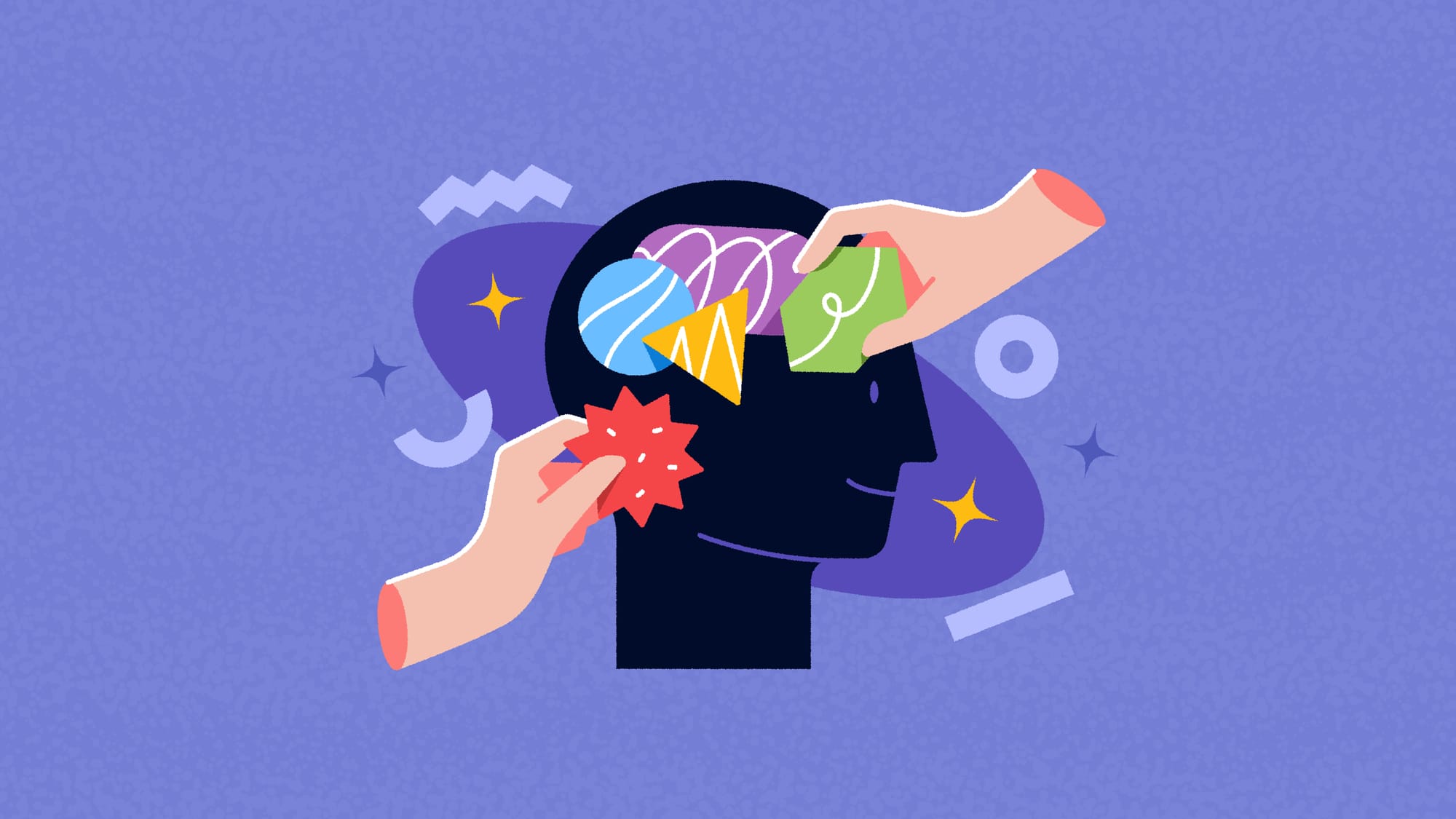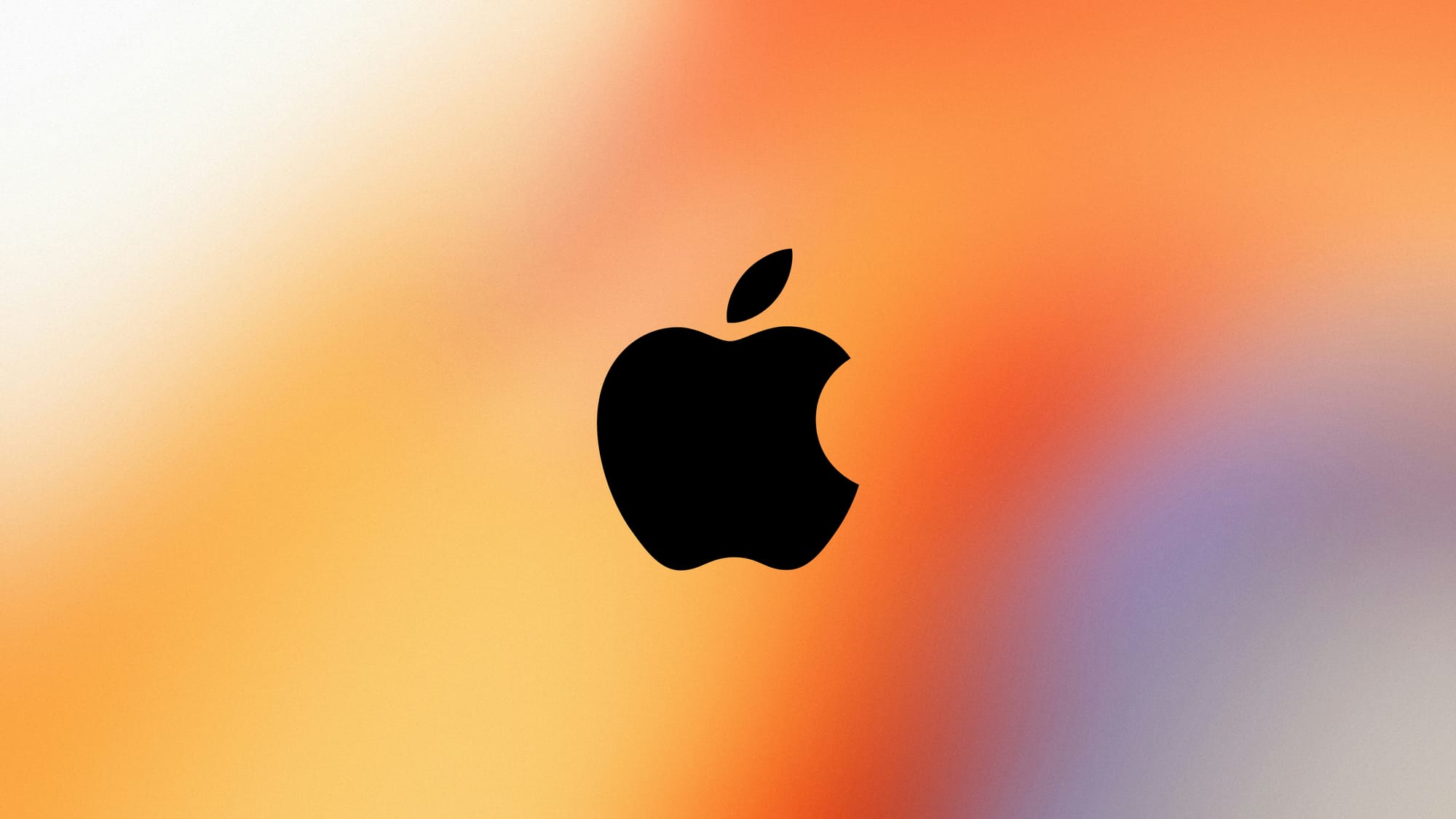Forget the endless task lists and productivity apps. The secret to peak performance isn't about doing more—it's about strengthening your mind. Welcome to the world of mental fitness, where the strongest muscle you can build is the one between your ears.
The Cost of Mental Weakness
We've all been there: staring at our to-do list, feeling overwhelmed, procrastinating on important tasks. What most people don't realize is that poor mental health can significantly impact productivity and work performance. In fact, over half of employees reported feeling drained and burned out in 2024—a concerning trend that's costing both individuals and organizations dearly.
The relationship between mental health and productivity isn't just a correlation; it's causation. When we're mentally exhausted, stressed, or unfocused, our cognitive functions suffer. We make poor decisions, struggle with concentration, and find ourselves working harder, not smarter.
What Mental Fitness Really Means
Think of mental fitness as strength training for your brain. Just as physical fitness builds endurance and energy, mental fitness equips you to thrive under pressure and gives you the grit to achieve your goals. It's the ability to effectively manage stress, regulate emotions, maintain focus, and make sound decisions in the face of challenges.
Mental fitness isn't about perfection or never feeling stressed. It's about developing the resilience and cognitive agility to bounce back faster, stay focused longer, and maintain peak performance even when life gets chaotic.
The Science-Backed Benefits
The research is clear: investing in mental fitness pays dividends in productivity. Practices such as mindfulness and physical activity enhance focus, memory, and problem-solving abilities. When employees prioritize mental well-being, they often accomplish more in less time, bringing focus and energy to their tasks while avoiding burnout.
Suzanne Taylor, a workplace wellness expert, puts it perfectly:
"When people think of ways that work to enhance employee productivity, their first thought often goes to sophisticated tools and platforms... However, I believe there is a tool with a much lower barrier to entry that may improve employees' productivity by enhancing their well-being. That tool is mindfulness".
The numbers don't lie either. Organizations investing in mental fitness see 90% better use of mental and emotional energy, 76% improvement in the ability to develop others, and 92% better teamwork and collaboration.
Building Your Mental Fitness Arsenal
1. Master the Morning Meditation
Tim Ferriss, who has interviewed hundreds of world-class performers, notes that "80 plus percent have some type of mindfulness or meditation practice". Even 20 minutes of daily meditation can be transformative. As productivity expert Chris Bailey explains: "If you are able to become 30% more mindful and focused because of your 20-minute daily meditation, you can focus on what's in front of you for about 69% of the day instead of 53%, the average".
2. Exercise Your Brain Like Your Body
Mental fitness requires consistent practice. Having perspective and self-awareness means you can access your motivation and drive and shut down procrastination. Regular mental exercises—whether through journaling, mindfulness practices, or cognitive challenges—build the neural pathways that support sustained focus and emotional regulation.
3. Prioritize Recovery
Just as athletes need rest days, your brain needs downtime. Research from the University of Pittsburgh's Mind Body Center showed that leisure activities, including vacations, enhance emotional well-being and improve physical health. Those who vacationed twice annually had fewer symptoms of depression and stress compared to those who rarely took breaks.
The Compound Effect
Here's the beautiful truth about mental fitness: it compounds. The stronger your mental muscles become, the more efficiently you work, the better decisions you make, and the more resilient you become to setbacks. You're not just checking more boxes on your to-do list—you're fundamentally changing how you approach challenges and opportunities.
As one expert puts it: "Mentally fit individuals have the reserves to be fully engaged and fully present at home and work". This isn't about working more hours; it's about making every hour count.
The productivity hack you've been searching for isn't in the latest app or time management technique. It's in building the mental strength to show up as your best self, day after day. In a world that demands more from us than ever, mental fitness isn't a luxury—it's the competitive advantage that separates those who thrive from those who merely survive.
Your productivity revolution starts with a single question: How strong is your mind today, and what are you doing to make it stronger tomorrow?














Discussion